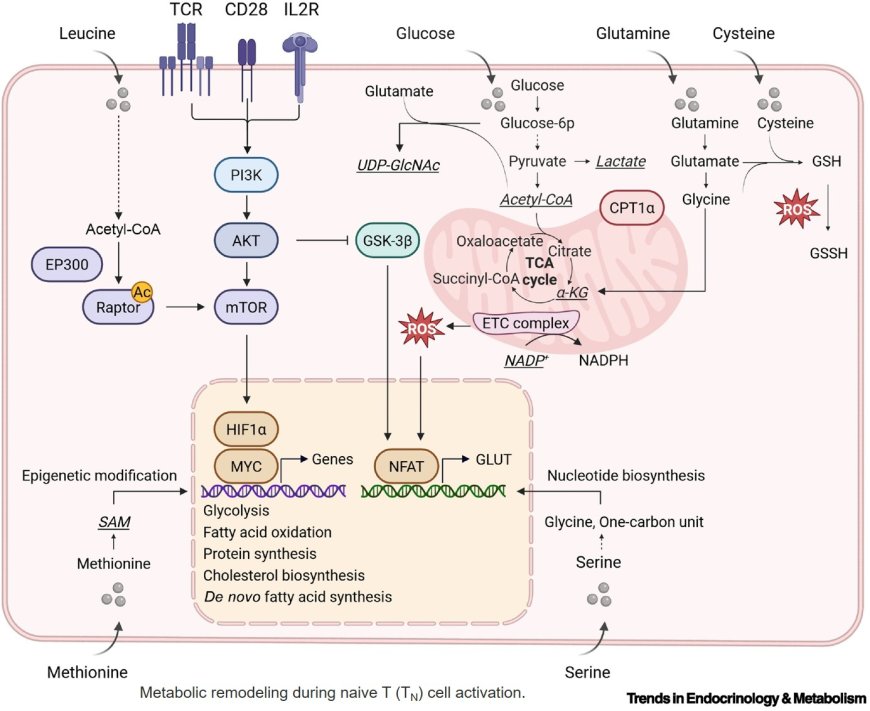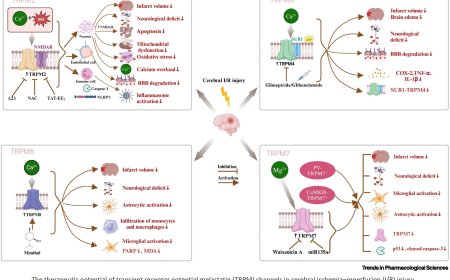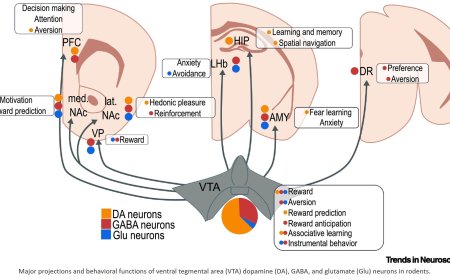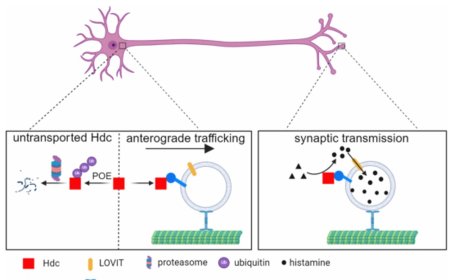Shared metabolic–epigenetic networks of CD8+ T cell stressors

Naive T cell activation triggers metabolic shifts, including glycolysis and mitochondrial remodeling, supporting the transition to effector cells and their subsequent differentiation.
Metabolites from glycolysis, glutaminolysis, and the tricarboxylic acid cycle influence chromatin architecture through DNA and histone modifications, shaping T cell differentiation.
Metabolic inflexibility and mitochondrial dysfunction are central drivers of T cell dysfunction, including exhaustion, senescence, and aging, influencing transcriptional repression and epigenetic alterations.
Aging induces changes in chromatin accessibility, DNA methylation, and histone modifications, which affect T cell differentiation and functionality.
Understanding how metabolic stress influences epigenetic alterations in exhausted, senescent, and aged T cells is essential for developing strategies to restore immune function in aging populations.
https://www.cell.com/trends/endocrinology-metabolism/fulltext/S1043-2760(25)00190-0













